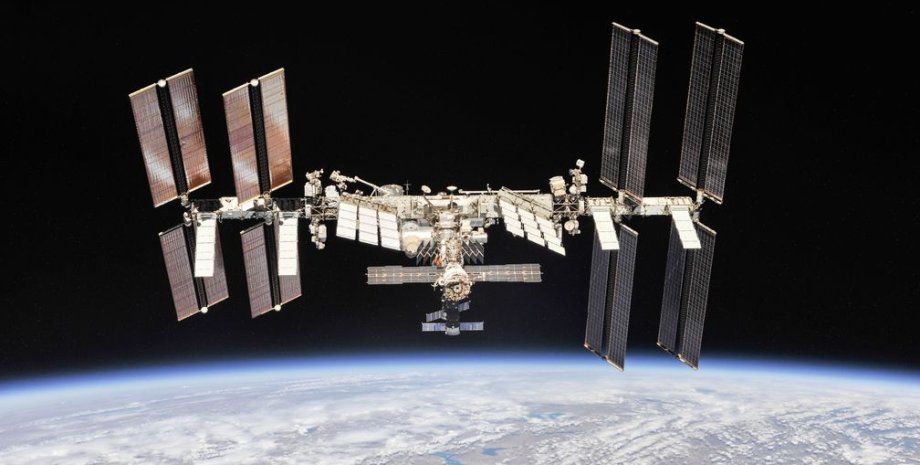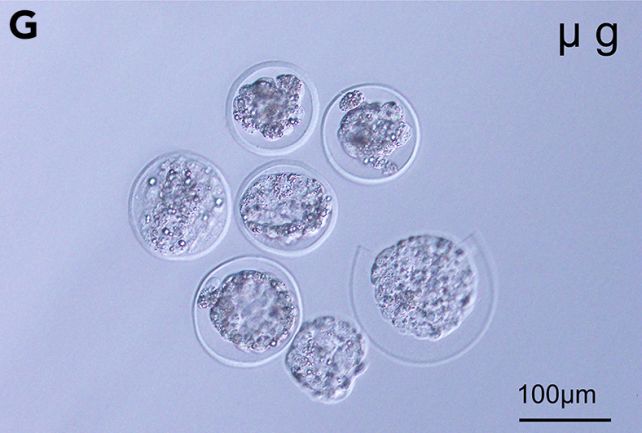
On board the International Space Station, which orbits the Earth at an altitude of about 400 kilometers above the planet’s surface, scientists have for the first time cultivated and grown mouse embryos in microgravity.
The results of the experiment, designed and led by molecular biologist Teruhiko Wakayama of Yamanashi University, showed that mouse embryos can, at least initially, survive in the space environment.
“There is a possibility of pregnancy during the upcoming trip to Mars, as the journey there will take more than six months,” said Wakayama. – “We are conducting research to make sure we can safely have children if that time comes.

For four days, the astronauts cultivated the embryos, storing them in paraformaldehyde to be sent back to Earth at the end of the experiment and analyzed by Wakayama’s team.
There were several sets of embryos. One of them was grown on Earth under gravity as a control. The second control group on the ISS was grown in conditions that simulated Earth’s gravity, and, of course, there was an experimental group in microgravity.
The survival rate of both groups on board the ISS was lower than on Earth; but the surviving embryos developed normally, the researchers found.
It is noted that although the survival rate in space was much lower, the fact that they survived is an encouraging sign. In addition, there were other factors besides gravity that could have contributed to the low survival rate in space.
“The embryos cultured in microgravity developed into blastocysts with normal cell number, internal cell mass, trophectoderm, and gene expression profiles similar to those cultured in artificial gravity on the International Space Station and ground gravity,” the researchers write.
According to them, this clearly demonstrated that gravity did not have a significant impact on the formation of embryos.
However, experiments involving pregnant rodents show that staying in space at critical stages of pregnancy can interfere with the development of the vestibular system, for example.
“Based on these reports and our results, it is possible that mammalian space reproduction is possible, although it may be somewhat disrupted. Unfortunately, the number of blastocysts produced during the ISS experiment was not large; and we were unable to confirm the effect on offspring because we did not obtain offspring from embryos developed in space,” they write.

